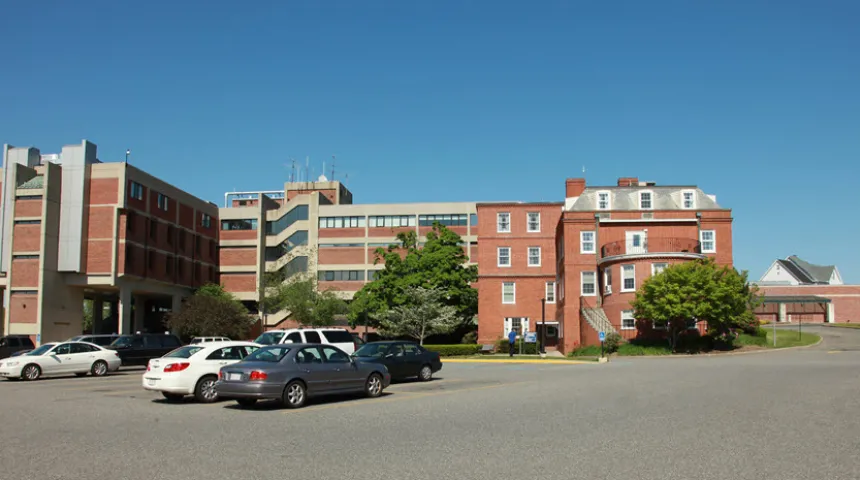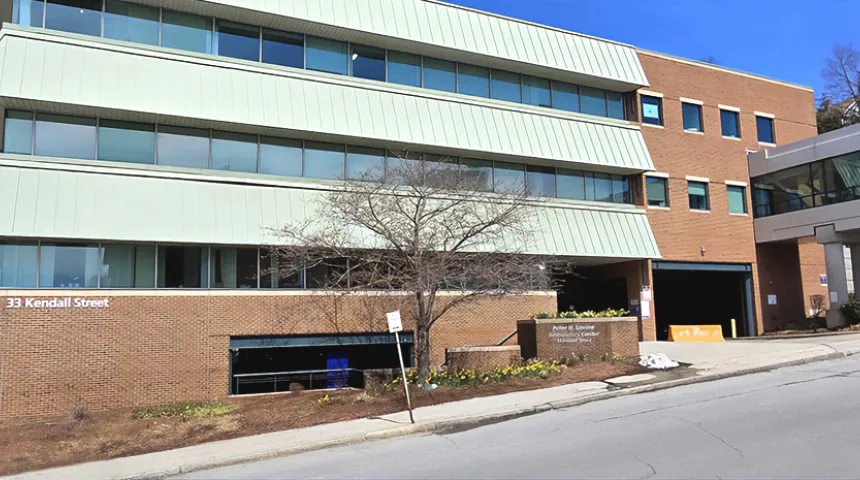Kidney Stone Disease
Find relief from painful symptoms with our advanced treatments for kidney stone disease.
Why Choose Us for Kidney Stone Disease Treatment?
Specialized Expertise
The team at UMass Memorial Medical Center includes urologists with advanced subspecialty training in endourology and stone diseases. Their expertise means you receive care from doctors who are well-versed in the latest approaches to kidney stone prevention, diagnosis and treatment.
Team Approach
Urologists and nephrologists (kidney specialists) work together to treat urinary stones and preserve kidney function. We confer with other experts as needed, such as endocrinologists and nutritionists, to ensure you receive well-coordinated care.
Focus on Prevention
We help you make a personalized plan to prevent kidney stones from returning after treatment. Your care team may recommend diet and lifestyle changes, medication, or regular testing or imaging. Attentive follow-up care from our experts supports your long-term urinary health.
Our Urology Locations
Harrington Hospital - Southbridge Campus
100 South Street,
Southbridge, MA 01550
UMass Memorial Medical Center - Memorial Campus Peter H. Levine Ambulatory Center
33 Kendall Street,
Levine Building,
Worcester, MA 01605


Urology Associates of Milford
115 Water Street,
Suite 104,
Milford, MA 01757
Get Started
Call 855-UMASS-MD (855-862-7763) or request an appointment with a urologist.


